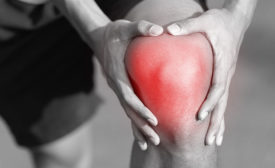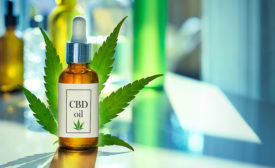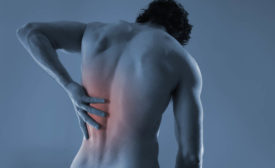Home » Keywords: » chronic pain
Items Tagged with 'chronic pain'
ARTICLES
Digital Edition Exclusive
For Your Health & Wellness: CBD oil, miracle cure or snake oil?
December 4, 2019
The constant pressure for construction workers to work in pain
It’s always been there - will it ever go away?
October 4, 2018
Get our new eMagazine delivered to your inbox every month.
Stay in the know on the latest safety trends.
SUBSCRIBE TODAYCopyright ©2024. All Rights Reserved BNP Media.
Design, CMS, Hosting & Web Development :: ePublishing





